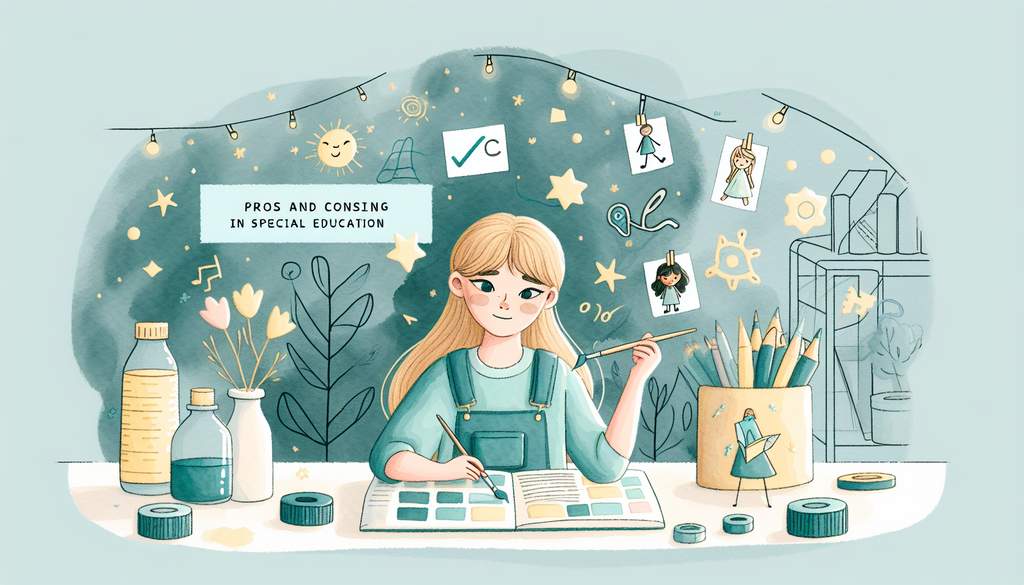The Pros and Cons of Labeling in Special Education

While labels in special education can help identify the specific needs of a child, they can also carry certain stigmas that affect interactions within the classroom and beyond. As a parent, understanding these implications can help you better advocate for your child’s present and future needs. This article aims to explore the potential advantages and disadvantages of labeling in special education and offers alternate approaches to support without stigmatization.
Pros of Labeling
Access to Adequate Support and Services
Labels enable schools and teachers to provide the right services and accommodations to adequately support children’s learning. Referring to our post on the Individualized Education Program (IEP) process, IEPs often hinge upon these labels to tailor support to each student’s specific needs.
Produces Shared Language and Understanding
Labels can foster shared understanding among parents, educators, therapists, and medical professionals allowing them to communicate effectively about a child’s needs. They can also provide a sense of relief for parents, as highlighted in this Spotlight Story: Overcoming Learning Disabilities.
Cons of Labeling
Risk of Stigmatization and Lowered Expectations
One of the main concerns is the stigma associated with some labels. As we’ve discussed in our post Breaking Myths: The Reality of Raising a Gifted Child, stereotypes and misconceptions can limit the opportunities given to children receiving special education services.
Focus on the Label, Not the Child
The focus often becomes the label rather than the child’s unique abilities, personality, and potential, sometimes causing educators to overlook the need for differentiated instruction, as expounded upon in our post on Exploring Differentiated Instruction in the Classroom.
Supporting Without Stigmatizing
Instead of focusing on labels, consider advocating for your child based on their specific needs, strengths, and weaknesses. Learn about your legal rights to advocate for genuinely inclusive educational practices Beyond Accommodations: Advocacy for Inclusive Education and other Advocacy & Legal Rights topics.
Conversations about labels should never lead to diminished expectations. Every child has their individual potential, and nurturing their growth is often about finding the right support, opportunities, and strategies.
While labels may be necessary in some contexts, it is essential to remember that children are more than these labels. They are unique individuals who bring their strengths, abilities, and talents to the table. And it’s up to us to nurture and celebrate these abilities.